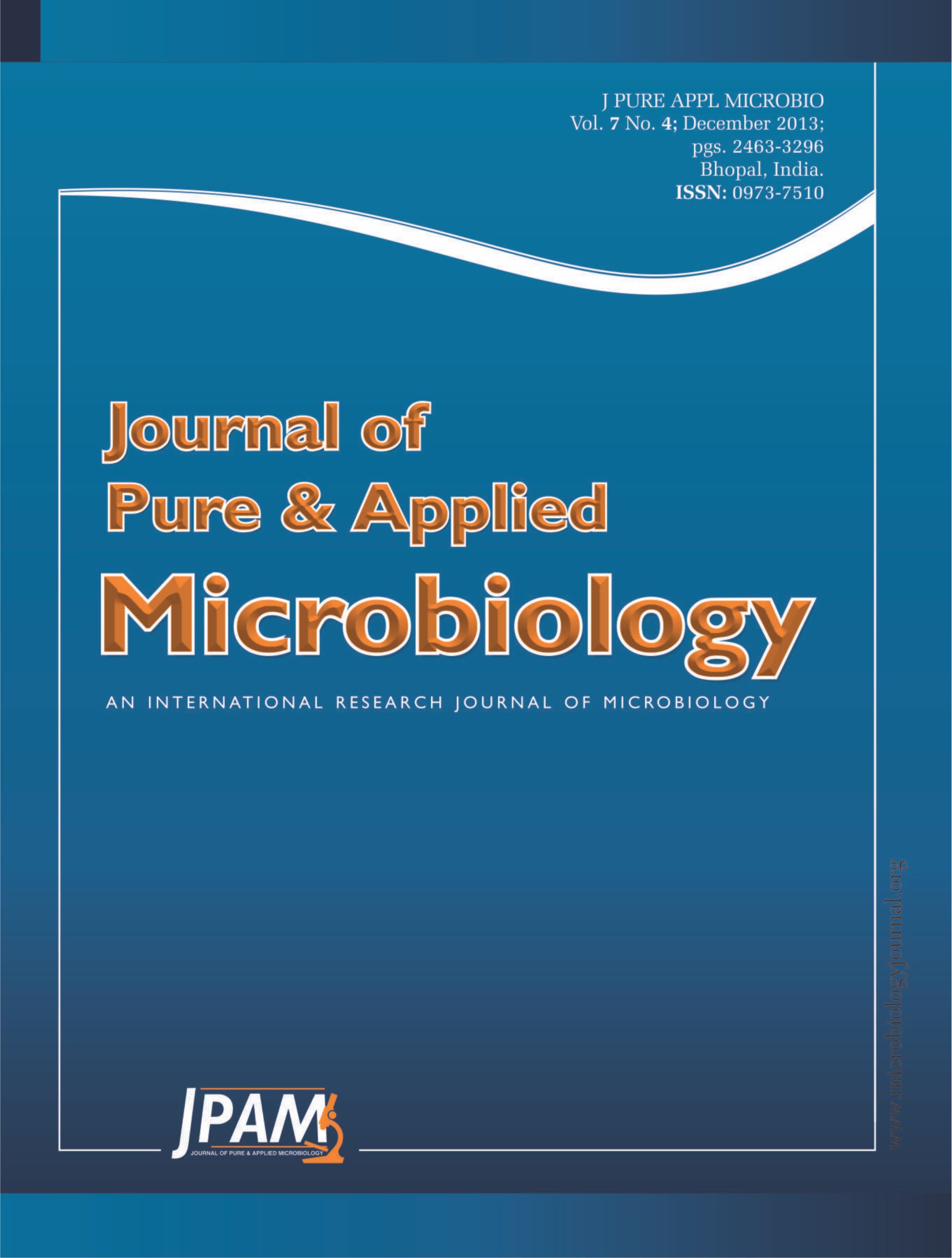In an attempt to search for candidate beneficial probiotic strain of Enterococcus faecium, isolate recovered from traditional Egyptian cheese (karish) was identified and evaluated regarding their antimicrobial activity and their standard biochemical profile. Bacteriocin SFD is highly inactivated by Papain, Trypsin, EDTA (0.5mM), DTT and Triton X-100, but not when treated with pH values between 2.0 and 8.0 for one hour, and after treatment at 40ºC for 15 min. Activity was, however, lost after treatment at 100ºC for 30 min. The highest level of activity (25600 AU/ml_1) was recorded when cells were grown in MRS broth, pH 6.5 after 20 h. Bacteriocin SFD differs from other broad-spectrum bacteriocins described for Enterococcus spp. by being extremely active against Gram-negative bacteria and by being smaller. The newly isolated culture was evaluated for a number of probiotic characteristics like viability under gut-like conditions, cell surface hydrophobicity, autoaggregation, coaggregation, phenol tolerance, adhesion to intestinal mucousand cholesterol assimilation. In vitro results obtained showed that the isolated Enterococcus faecium SFD, was able to meet the basic requirements for probiotic functions as they demonstrated probiotic characteristics such as tolerance to pH 2.5, growth in 0.5% bile salts, growth in 0.3% phenol, hydrophobicity of 37%, adhesion to intestinal mucous and 35% cholesterol assimilation ability. In the light of this study, it is observed that, Enterococcus faecium SFD is regarded as a promising candidate probiotic and adjunct culture for new healthy food product.
Probiotics, Lactic acid bacteria, Bile resistance, Acid tolerance, Adhesion, Bacteriocin
© The Author(s) 2013. Open Access. This article is distributed under the terms of the Creative Commons Attribution 4.0 International License which permits unrestricted use, sharing, distribution, and reproduction in any medium, provided you give appropriate credit to the original author(s) and the source, provide a link to the Creative Commons license, and indicate if changes were made.


